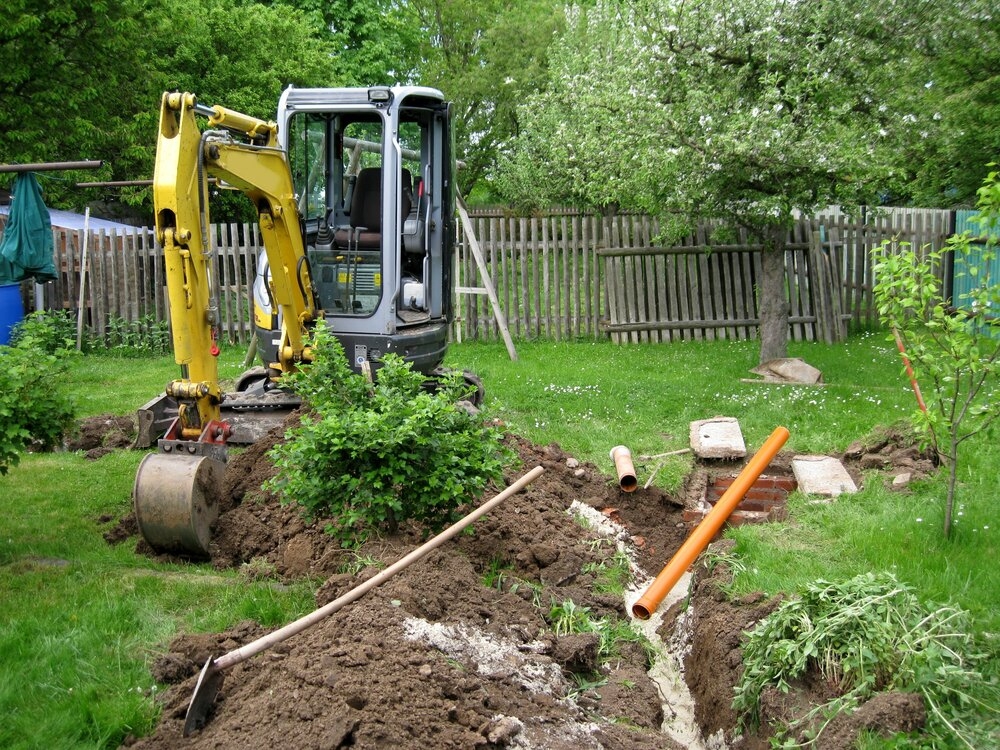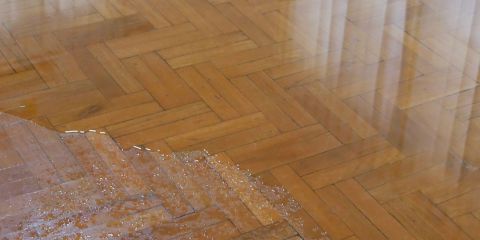
Believe it or not, sewage backups are a more common house problem than one might imagine. Anything from tree roots to excess rain, and especially plumbing failures can cause a sewage backup. And if homeowners are not on top of managing their sewer drainage, they will likely have to pay a lofty fee to fix the blockage.
To prevent your home and your sewage line from backing up and leading to flooding, we have prepared a simple guide to follow.
The Causes of Sewer Backups
The number one cause of sewer backups for residential lines is putting things down your toilet or sink that do not belong there. Coffee grinds, food waste, personal hygiene products, diapers, and so forth should not be going down the sink or the toilet. This is the most preventable cause of sewer backups for homeowners to manage and can save you from requiring emergency plumbing services.
The next biggest cause is external forces. These can include cold weather, tree roots, and heavy rainfall. Snow and rain in particular are potentially disastrous for pipes. Accidents and natural disasters can also cause backups at any time.
While not all backups are preventable, their effects can be mitigated if dealt with right away. No matter the cause of sewage backups, there are always warning signs that can help you detect one.
How to Recognize Potential Sewer Backups
It is hard to spot a sewer backup before it becomes a serious problem. If you spot any of the following, you need to contact a plumber ASAP:
- Water seepage in the basement
- Wet spots along walls
- Toilets not flushing powerfully.
- Sinks and drains getting backed up and or bubbling.
- Unclogging of a toilet leads to the water rising in another toilet or sink.
Effective Ways to Minimize the Chance of a Sewer Backup
To best protect your home from a sewer backup, we suggest that you become informed of these four ideas.
Keep Everything Out of Your Toilet Except Toilet Paper
Clogged toilet pipes are a common cause of sewer blockage. This is something that cannot be overlooked.
Make Sure to Properly Dispose of Food Waste
Instead of tossing the food scraps down the sink, scrape them into a compost bin. Food scraps can easily accumulate in your pipes, especially fats or oils and cause partial or full blockages.
Use a Plastic Pipe Instead of a Metal One
This is a helpful way to lessen the effect that the environment has on pipes. Plastic pipes do not corrode or rust which helps them against leaks or blockages.
Set up a Backwater Valve
If there is too much water flowing out of your pipes, say due to a heavy rainstorm, the water flow may become backed up. As a result, the water will start to flow backward. A backwater valve acts as a flap that stops water from running the wrong way.
Sewage backups are serious business, and your house should be inspected for leak detection whenever possible. If you are dealing with one and do not know the cause, contact a plumber right away.
604FixLeak offers leak detection, plumbing repairs and restoration services in the Greater Vancouver area.
If you have any questions about this article or need some help with a leak in your home or office, call us today at (604) 349-5325.
